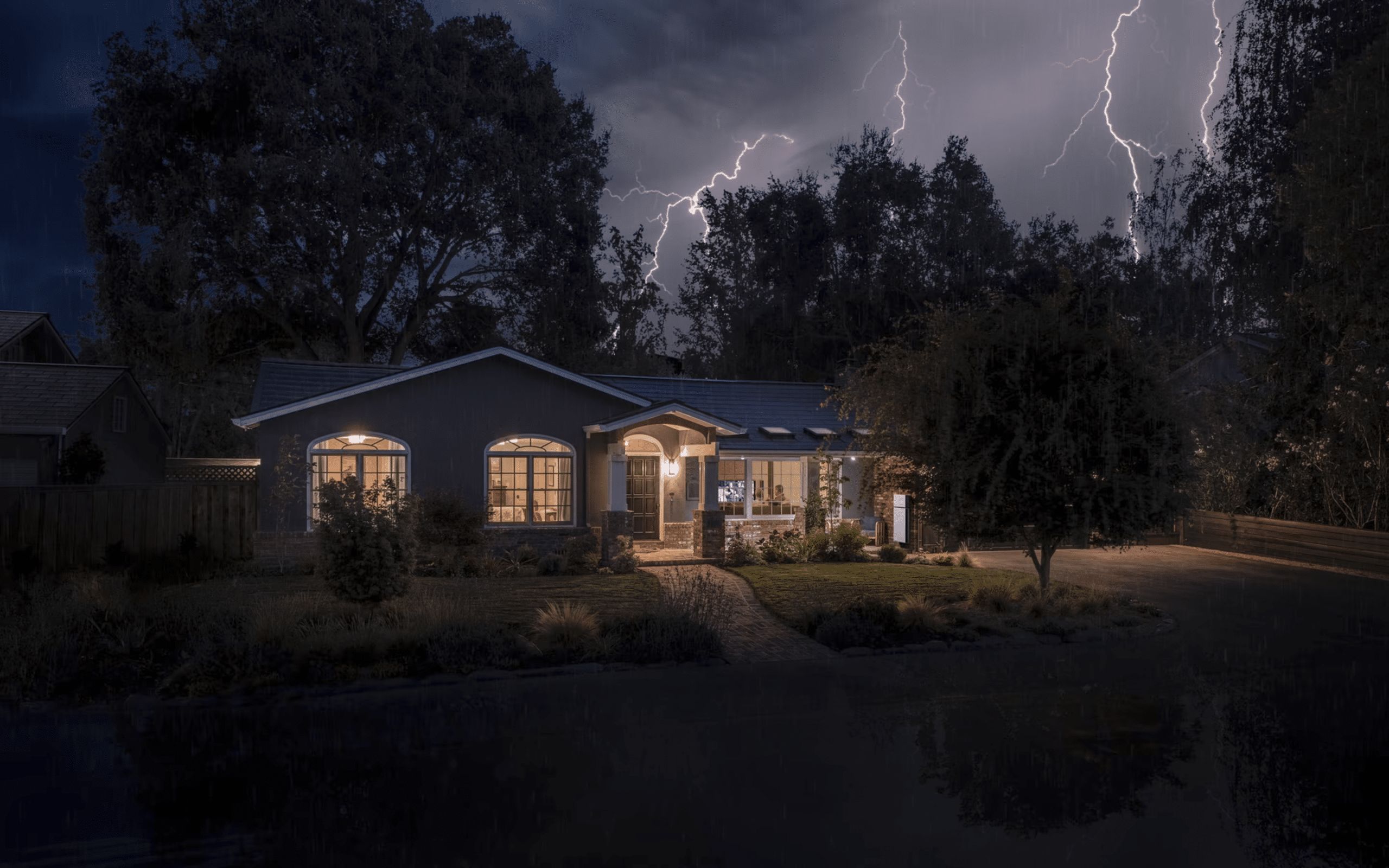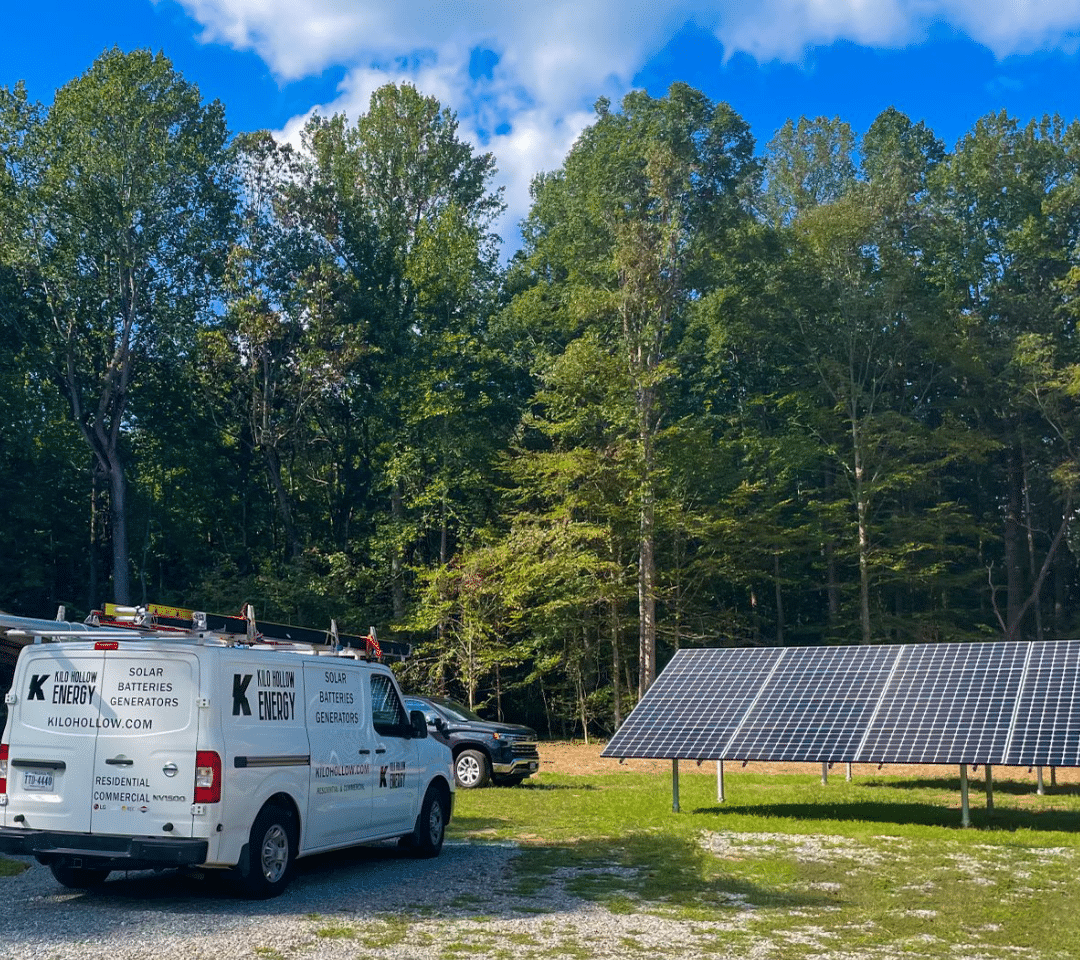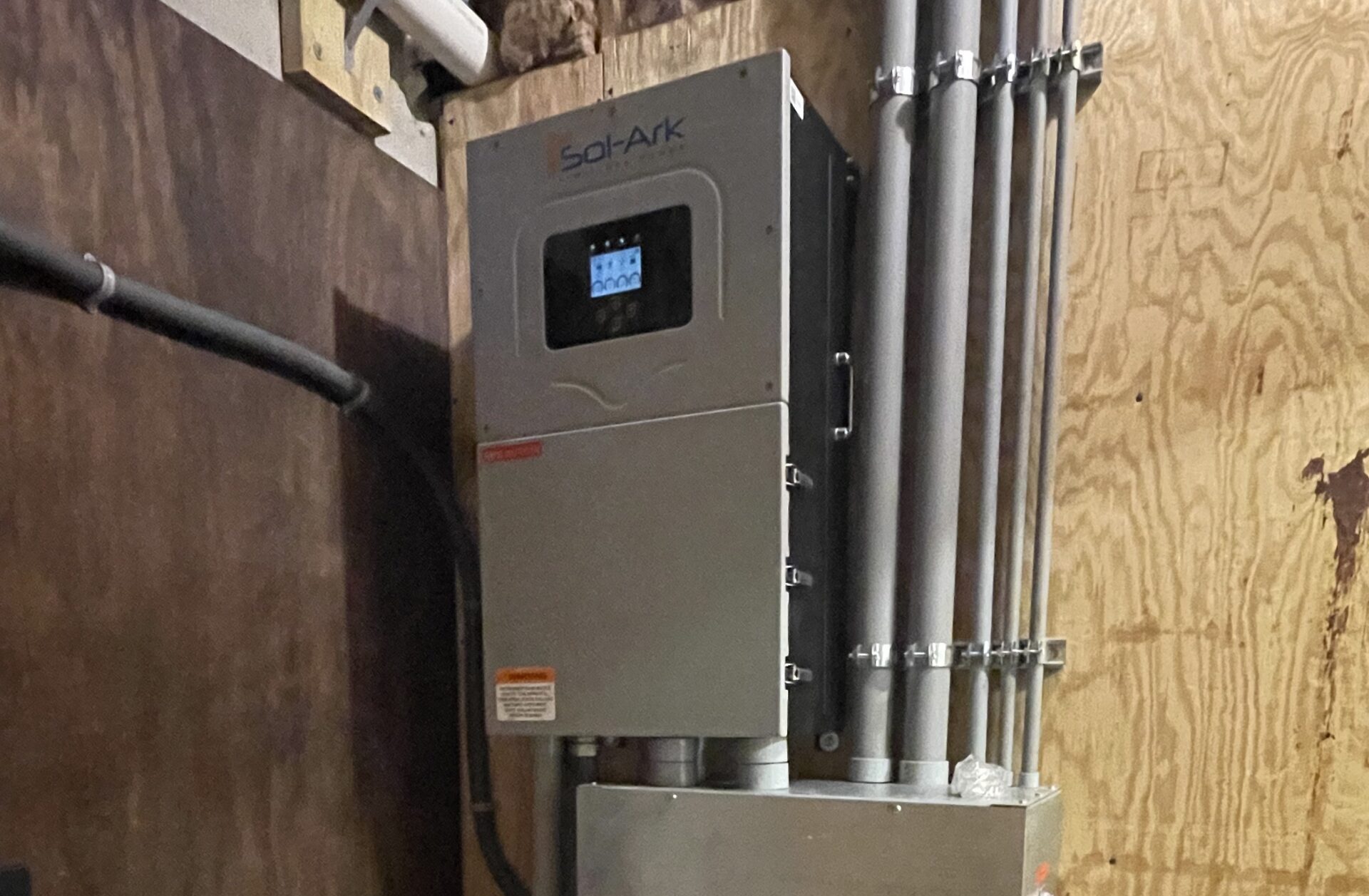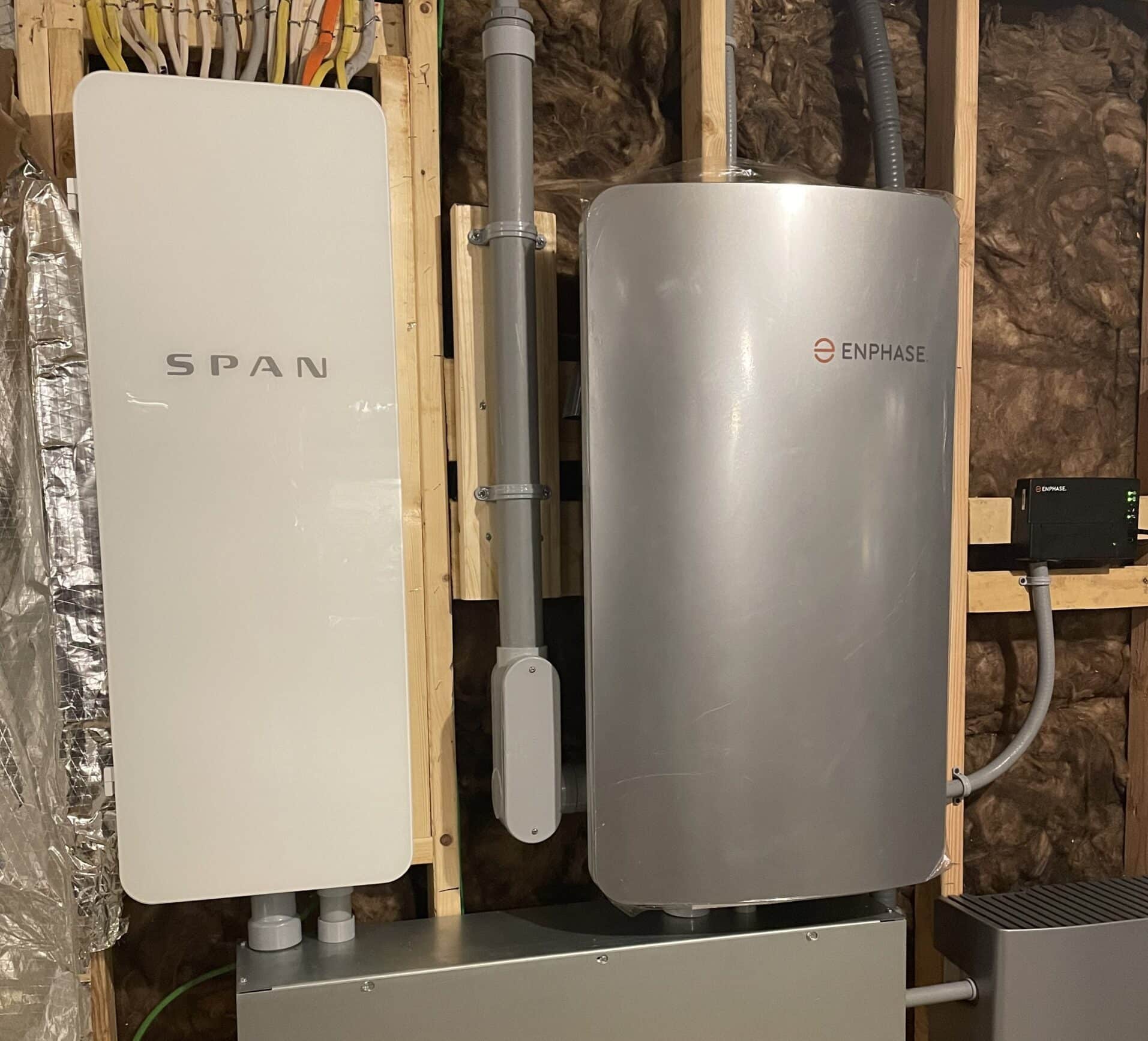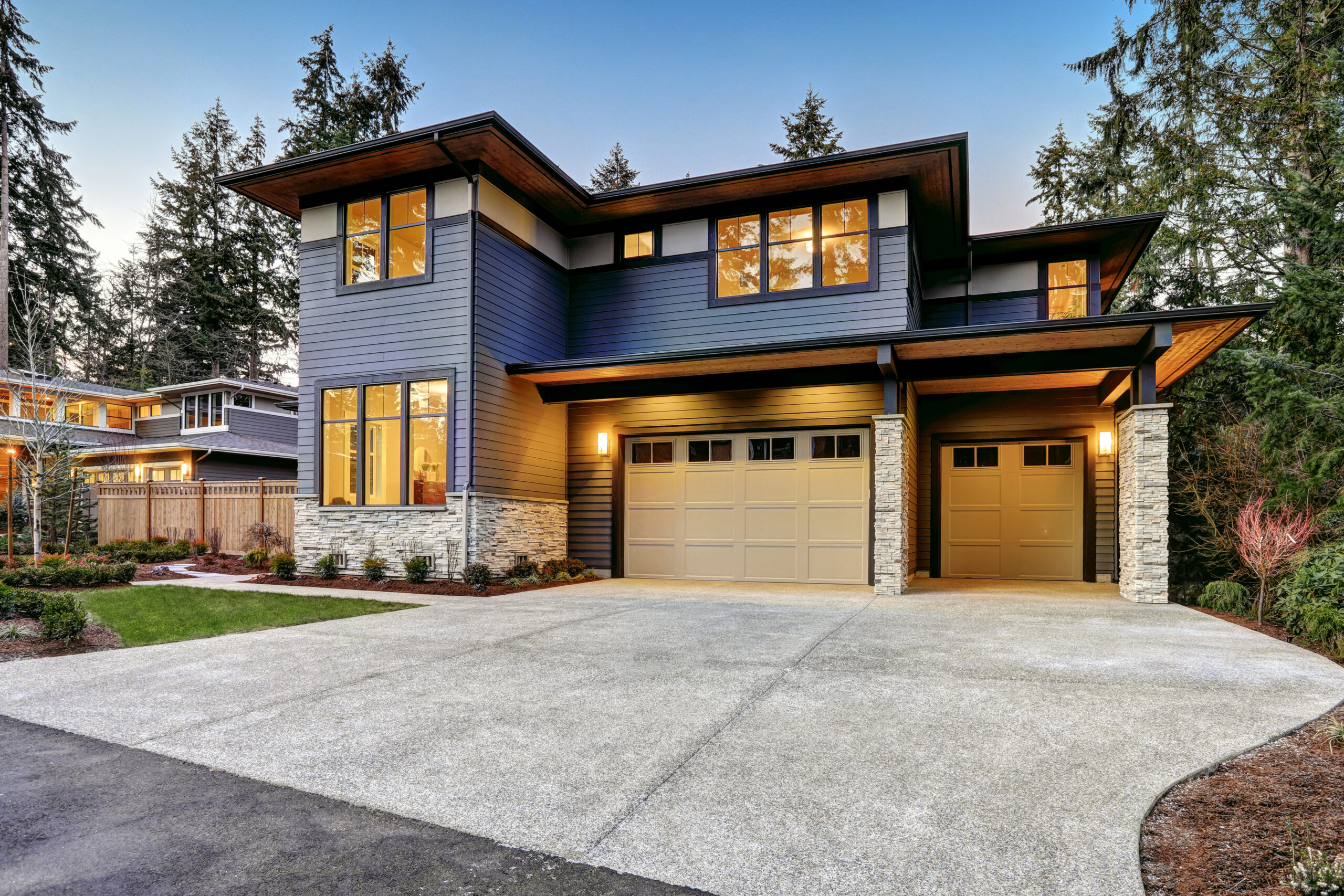When it comes to solar panel installation, the roof under the panels plays a crucial role in the overall success and longevity of the solar energy system.
Kilo Hollow Energy, a prominent solar solutions provider in Virginia, emphasizes the significance of meeting specific roof requirements to ensure efficient and sustainable rooftop solar installations.
Understanding Roof Types and Solar Feasibility
Asphalt Shingle Roofs: Asphalt shingles are the most common roofing material in residential properties. They are generally solar-friendly, but it’s vital to ensure they are in good condition before installation. Solar installations on these roofs necessitate proper flashing and mounting brackets to prevent potential water damage. Kilo Hollow Energy meticulously checks the integrity of each shingle to guarantee it can support the solar panels and the associated mounting hardware.
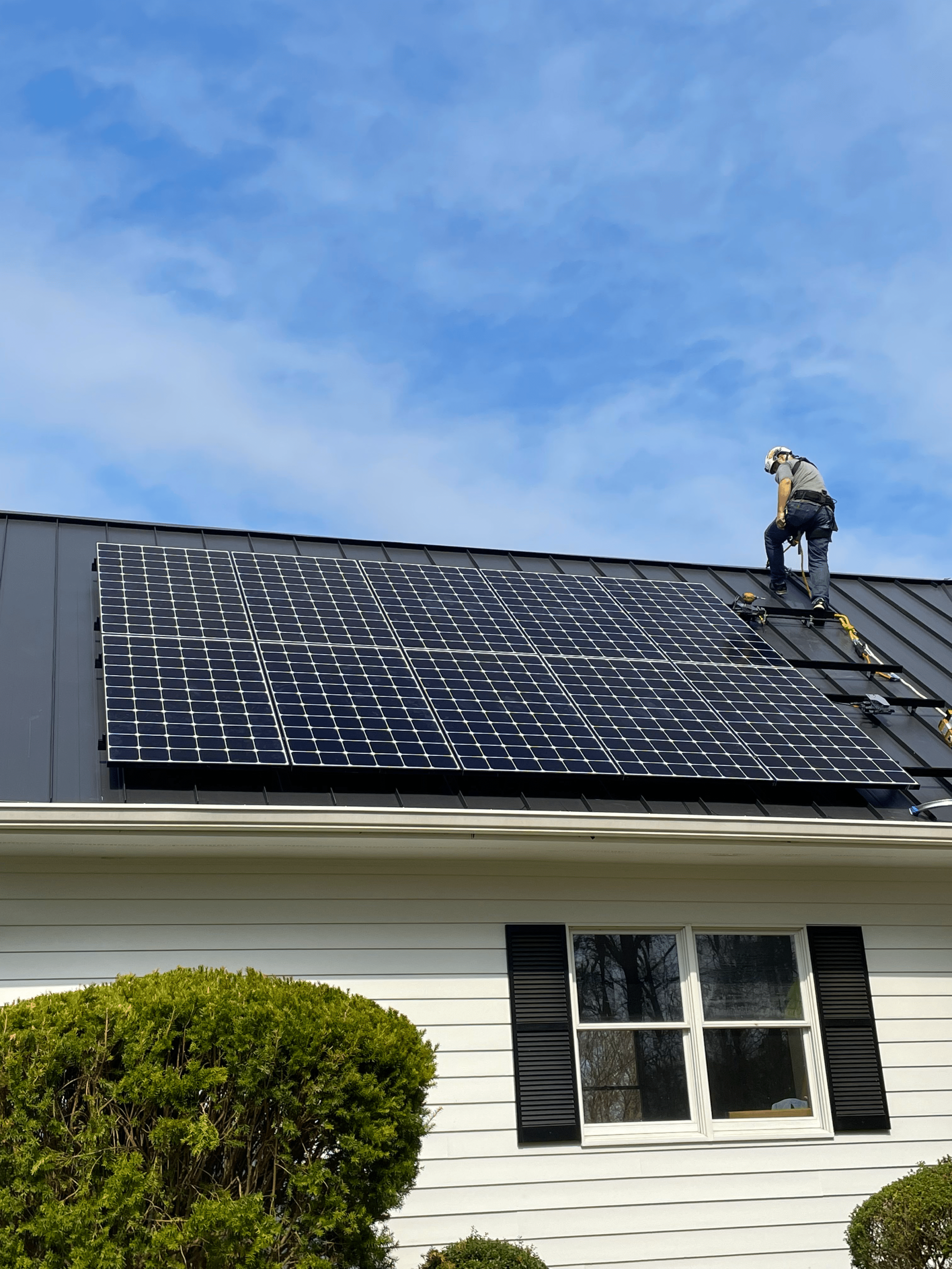
Tile Roofs: Tile roofs, whether clay or concrete, require a delicate approach to avoid damage during solar panel installation. Specialized hooks or mounting systems are employed to secure the solar panels without compromising the structural integrity of the tiles. In certain instances, tiles may need to be temporarily removed to facilitate the installation of the mounting system, then carefully replaced to maintain the roof’s aesthetic and functional integrity.
Metal Roofs: Metal roofs, especially those with standing seams, are exceptionally suitable for solar installations due to their robustness and straightforward attachment mechanism. Kilo Hollow Energy frequently uses S-5! clamps on these roofs, enabling a secure attachment without the need for penetration, thus preserving the roof’s warranty and structural integrity.
Advantages of S-5! Attachments on Metal Roofs
S-5! clamps are renowned for their non-intrusive attachment method, which is particularly beneficial for standing seam metal roofs. These clamps fasten securely to the seams, providing a sturdy base for the solar panels without compromising the roof’s waterproofing qualities. This method not only protects the roof’s warranty but also contributes to a sleek and unobtrusive solar installation, making it a favored choice among property owners who prioritize both functionality and aesthetics.
Special Considerations for Flat Roofs
Flat roofs present unique challenges and opportunities for solar installations. They often require specialized mounting solutions, such as ballast systems or mechanical attachments, that do not damage the waterproof membrane. For roofs covered with TPO or other membrane materials, non-penetrative mounting options are crucial to avoid leaks and preserve the roof’s integrity. These systems might include weighted trays or aerodynamic mounts designed to withstand wind forces without needing to penetrate the roof’s surface.
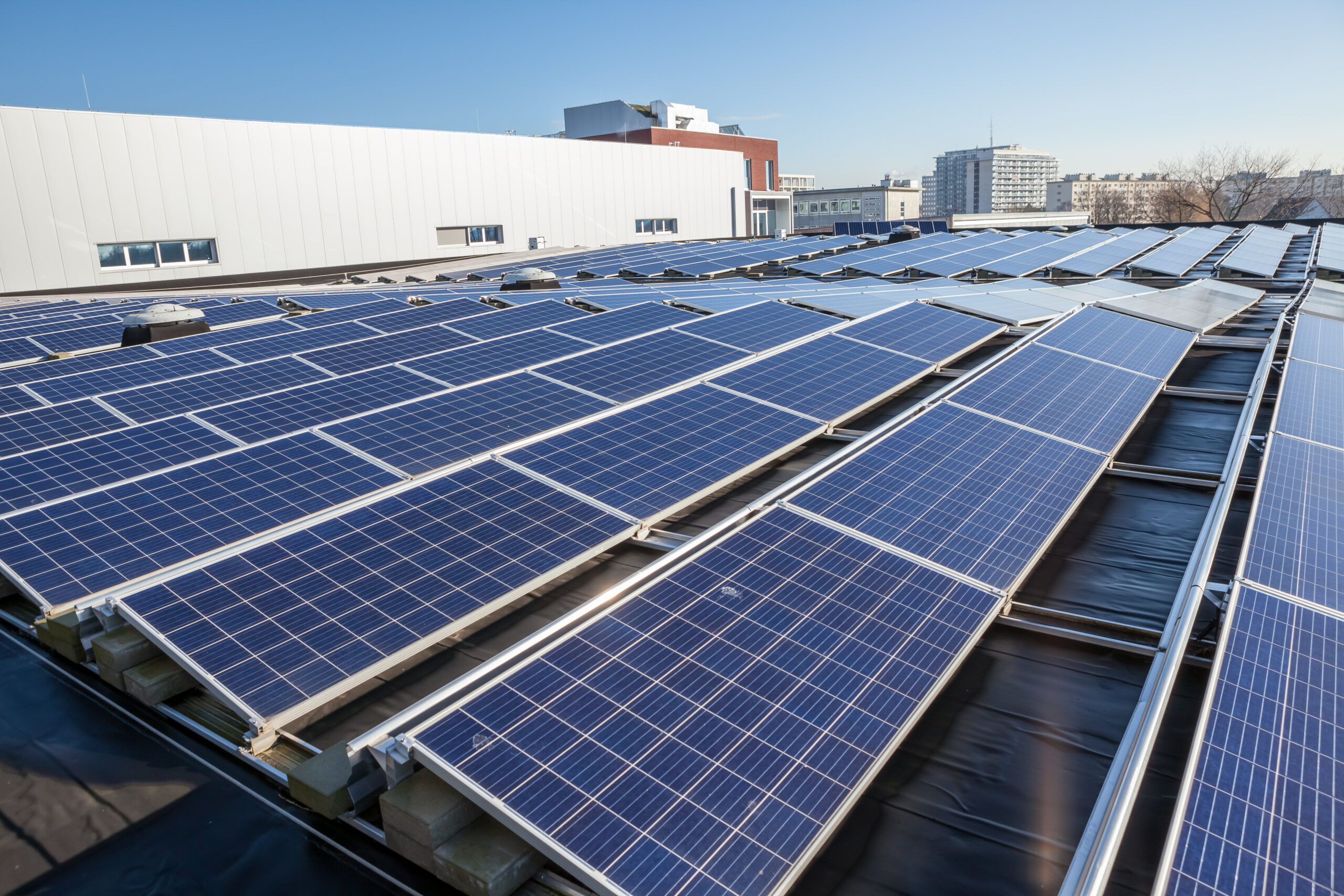
Importance of Professional Roof Assessment
Kilo Hollow Energy’s approach to solar installation starts with a comprehensive roof assessment. This evaluation is essential to determine the most appropriate attachment method, considering factors like roof material, age, and structural capacity. This meticulous process ensures that the solar installation is not only optimized for energy production but also sustainable in the long term, avoiding undue stress or damage to the roofing structure.
For example, in a recent project in Chesterfield County, VA, Kilo Hollow Energy successfully employed S-5! clamps on a metal roof to optimize the installation process. This method ensured durability and maintained the aesthetic appeal of the property. In another instance, for a flat roof installation, the team carefully assessed weight distribution and wind resistance to select the best mounting solution that would meet the roof’s specifications and the project’s energy objectives.
Tailoring Solutions to Different Roofing Materials and Conditions
The variety of roofing materials and conditions necessitates a tailored approach to solar panel installation. From traditional asphalt shingles and tiles to modern metal and flat membrane roofs, Kilo Hollow Energy has the expertise to design and implement solar installations that respect the unique characteristics of each roofing type.
For instance, in projects involving older or more delicate roofing materials, such as slate or wood shakes, the company takes extra precautions to ensure that the installation process does not cause damage. This might involve using specialized mounting systems that distribute the weight of the solar panels evenly or employing advanced techniques to minimize physical contact with the roof surface.
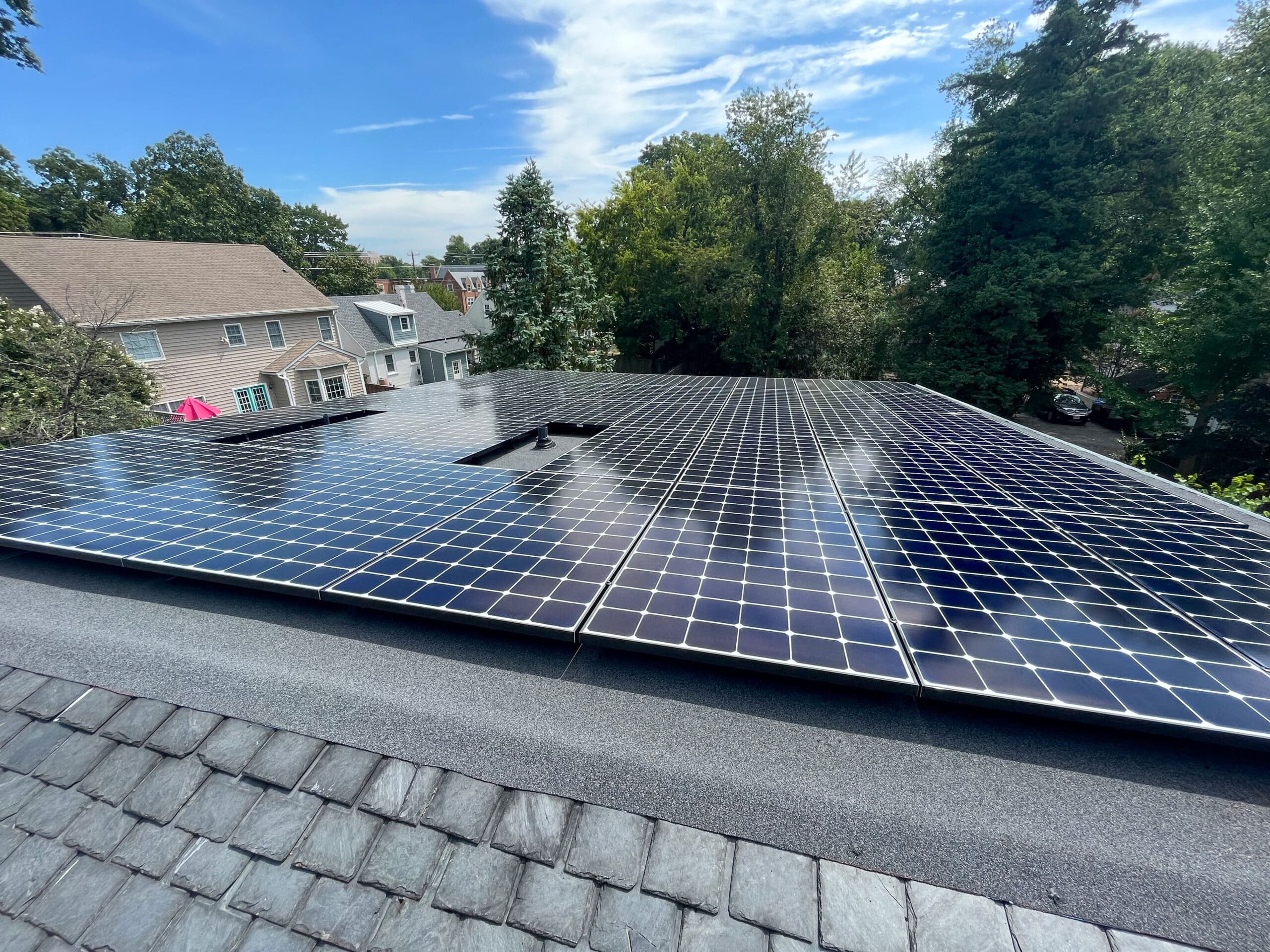
In addition to the mechanical aspects of installation, Kilo Hollow Energy also considers the aesthetic impact of solar panels on different types of roofs. The company strives to integrate solar installations seamlessly with the existing roof design, ensuring that the panels enhance the property’s appearance while maximizing energy production. This attention to detail is crucial for maintaining property values and achieving customer satisfaction.
Essential Roofing Requirements for Solar Panel Installation
1. Structural Integrity Your roof must be in good condition to support the weight of solar panels. An inspection should be conducted to check for any signs of damage, wear, or structural weaknesses. Kilo Hollow Energy always performs a detailed assessment to ensure roofs are capable of handling the additional load, prioritizing safety and longevity.
2. Material Compatibility Solar panels can be installed on various roofing materials, including asphalt shingles, metal, and tile. However, each material has its considerations. For instance, Kilo Hollow Energy’s project in Charlottesville used high-efficiency LG NeON® R Solar panels on a standing seam metal roof, leveraging the durability and ease of attachment that metal roofs offer.
3. Roof Age If your roof is nearing the end of its lifespan, it’s wise to replace it before installing solar panels. Installing panels on an old roof can lead to additional costs and complications in the future. Ideally, the roof should have at least 20-30 years of life left to synchronize with the lifespan of the solar system.
4. Orientation and Tilt In Virginia, the optimal roof orientation for solar panels is south-facing to capture maximum sunlight. The tilt should also be considered, with angles around 30 to 45 degrees being ideal for solar efficiency.
5. Shading Roofs should be free from significant shading by trees, buildings, or other structures, especially during peak sunlight hours. Even partial shading can significantly reduce the efficiency of a solar array. Using LiDAR technology, Kilo Hollow Energy assesses potential shading issues and designs systems that maximize sun exposure.
6. Roof Size and Layout The available roof space must be sufficient to accommodate the number of panels needed to meet your energy needs. Complex roof designs with multiple levels, dormers, or vents can complicate installations and reduce the usable area. Kilo Hollow Energy’s expertise in custom solar solutions ensures that even challenging roof layouts are utilized effectively.
7. Roof Access Safe and convenient access to the roof is necessary for the installation and maintenance of solar panels. Factors such as roof height, slope, and the presence of access points are considered to ensure that installations are conducted safely and efficiently.
8. Building Codes and Permits Adherence to local building codes and obtaining the necessary permits is crucial for legal compliance and system reliability. Kilo Hollow Energy navigates the permitting process, ensuring that all installations in Virginia meet the required standards and regulations.
9. Future Roof Work Consider any planned modifications or repairs to your roof. It’s best to complete these before installing solar panels to avoid the need for a costly system removal and re-installation. Kilo Hollow Energy advises customers on coordinating roofing work with solar installations for seamless project execution.
Meeting these roof requirements is essential for the successful installation of solar panels in Virginia. Kilo Hollow Energy’s commitment to thorough assessments and quality installations ensures that every solar project not only meets these criteria but also exceeds customer expectations.
Conclusion
The roof is a fundamental element of a solar panel installation, impacting everything from system design to long-term performance. Kilo Hollow Energy’s comprehensive approach to assessing and addressing roof requirements ensures that each solar project is not only effective in generating energy but also respectful of the roof’s structural and aesthetic characteristics. With a commitment to quality and customization, Kilo Hollow Energy remains a trusted provider of solar solutions in Virginia, delivering systems that are as reliable and sustainable as they are visually pleasing.
